Your home’s estimated value can affect the house-buying process. An accurate home appraisal protects you whether you are the seller or the buyer. Sellers could miss out on thousands without an appraisal, and buyers could pay too much for a property.
Many factors affect house appraisal amounts. Owners can change some things to improve their home’s value, while others may be more costly than they are worth. Learn more about the home appraisal process and what to anticipate, even when the valuation is not what you expected.
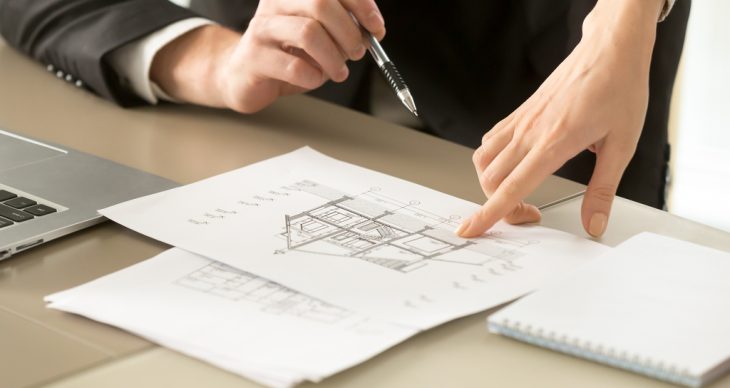
The lender chooses who completes the house appraisal to ensure the loan amount matches the property’s value. Mortgages are secured loans, meaning the house backs the borrowed funds. Should the borrower default, the lender assumes ownership of the property.
Lenders pick a local third-party appraiser to evaluate the home and property, so the report is impartial to the buyer or seller. Banks and other financial institutions typically have an agreement with a local company they use frequently.
If there is no lender because the buyer is paying cash, either party may hire an appraisal company for their purposes. A homeowner may get an appraisal to get an accurate listing price. The buyer can get an appraisal as part of the closing contingency to avoid overpaying for the property.
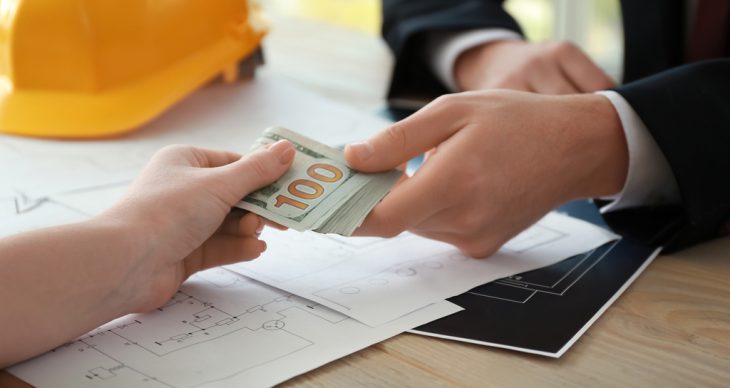
Despite not choosing about the property valuator, the buyer will need to pay the appraisal company. Payment for home valuation may be part of the closing costs, but many companies require prepayment for the service.
The average house appraisal cost ranges between $250 and $450, but rigorous appraisals could be thousands. Prices vary by area, loan, and the type, size, and condition of the property. For example:
- $300 to $400 for a single-family house with a conventional loan
- $400 to $500 for a single-family house with an FHA or VA loan
- $500 to $1,000+ for a multi-family house
- $1,000 to $3,000+ for one to three acres of raw land
- $1,500 to $3,000+ for an apartment building
The fee could also increase from the original estimate if the appraiser determines the home or property is more complex. Even if the buyer cancels the sale or the value does not match the price, they will need to pay the fee.
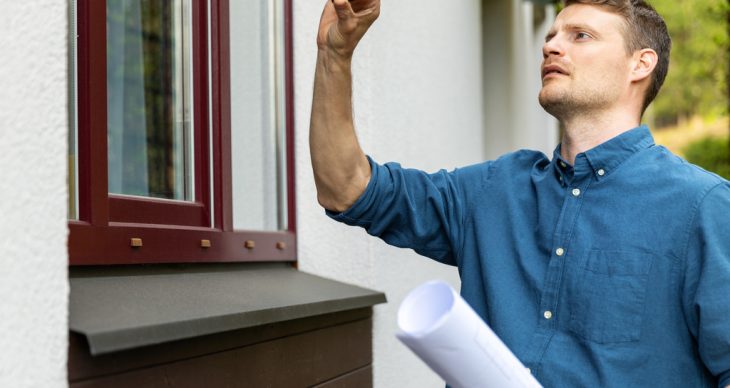
Some people are shocked to find out their property estimated value is nowhere close to the purchase price, whether higher or lower. Owners and real estate agents may set a listing price based on nearby sales, but the property is not comparable because of condition or other factors.
The company backs up the appraisal value of home reports with evidence of their findings. While the location and square footage may not have changed over the years, wear and tear affect all structures. A poorly maintained home can decrease the property’s value, even if a nearby house sells for much more.
Likewise, neighborhoods can change drastically over the years, especially if the last sale was decades ago. A home may have been an up-and-coming area when the owners bought it, but it could be in the less desirable area 20 or 30 years later.
Owners may also list property overpriced if they are trying to compensate for a financial loss. Individuals who bought during a housing peak could find out their home is worth less than what they paid for it.

The home valuation amount may permit buyers to back out of the agreement. Lenders may not give borrowers more than the home appraisal estimate, and buyers could have to give up the home without financing.
Purchase agreements often have appraisal contingencies that terminate the agreement if the value is less than the purchase price. The buyer may also use the appraisal value to reduce the price to match the appraisal amount.
However, the seller cannot terminate the agreement if the home appraisal estimate is higher than the purchase price. If the value is higher than the purchase price, the seller may not agree to make repairs or changes to issues found during the inspection.
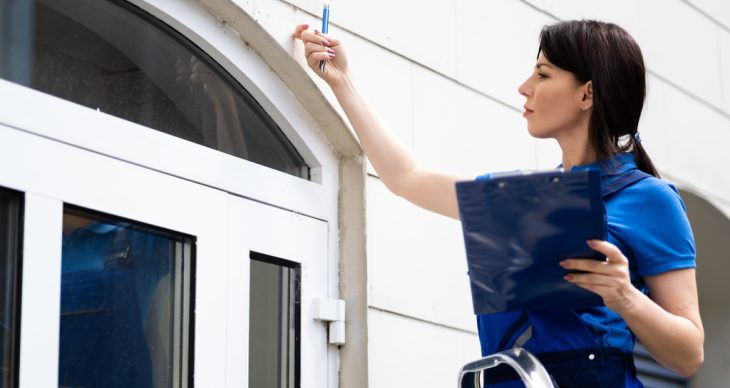
Sellers who want to improve their homes estimated value can clean the home and manicure the yard. Although a dusty dresser will not decrease the property’s value, a clean home makes a better impression.
Removing torn wallpaper and cleaning mold from the bathtub can also entice buyers to overlook other issues. Neither the buyer nor inspector is looking behind walls, so a tidy and pleasant-smelling home can present both with a healthier environment.
Curb appeal and general landscaping impact the home’s value. Hard-to-care-for plants, overgrown bushes, and safety hazards can look like expensive problems. Clearing the yard and adding some cheap flowers can boost curb appeal and perceived value.
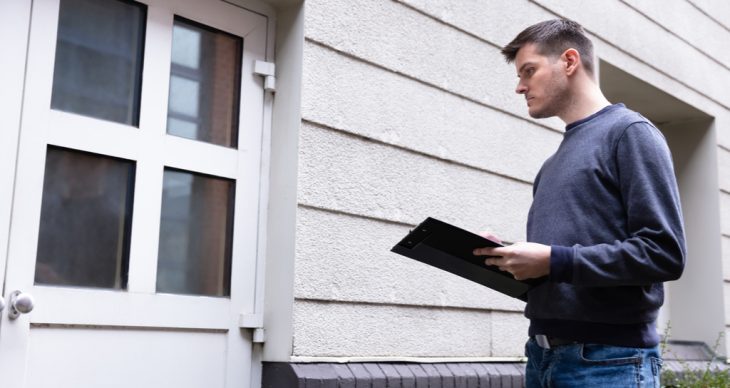
Most factors that determine the home valuation are unchangeable or too expensive to do for an appraisal. Unfortunately, these are the biggest influences on an appraisal valuation, such as:
Location – Homes near good schools, services, and walkable commercial areas and on maintained, slow, and well-lit streets often have higher values.
Structural materials – Owners can increase their home’s value with new roofs, windows, doors, and siding.
Age – Homes built in the last 10 to 20 years typically have fewer issues than older homes. However, older, well-maintained houses in historic districts can have higher values.
Style – Homes with dated designs and finishes can decrease the property’s appraisal estimate.
Number of bedrooms and bathrooms – The more bedrooms and bathrooms, the merrier! Both room types significantly affect the house’s value.
Square footage, storage, and garage space – Likewise, bigger homes are often worth more than smaller ones.
Recent renovations – Updates within the last few years can greatly improve the home’s value. Some improvements have better return on investments, such as flooring compared to fresh paint.
The current market can have the biggest effect on a property’s value. A seller in a buyer’s market may have to sell for less, and a buyer in a seller’s market may find themselves in bidding wars.